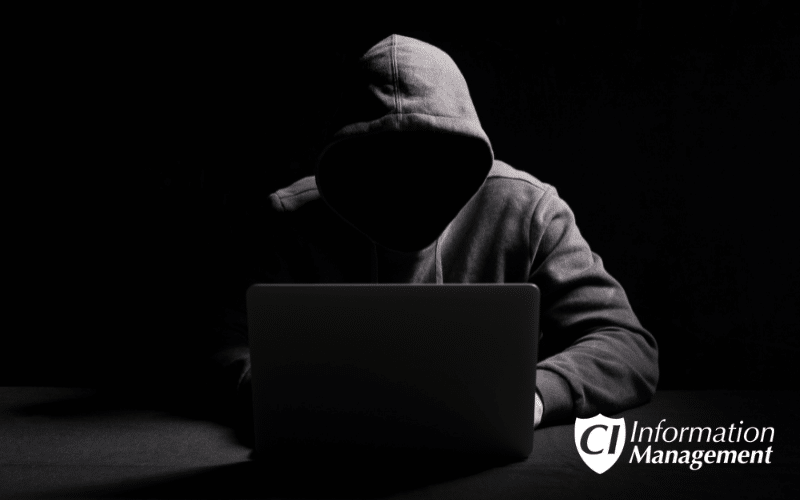 If you’re not shredding all of your documents that contain any amount of information about you, you are blindly setting yourself up for possible disaster. Here’s some questions you should be asking about who the thieves are that could cause such destruction with your unshredded papers:
If you’re not shredding all of your documents that contain any amount of information about you, you are blindly setting yourself up for possible disaster. Here’s some questions you should be asking about who the thieves are that could cause such destruction with your unshredded papers:
Q. Who would steal my information?
A. Identity thieves are average-looking people, possibly your neighbors or coworkers, with enough savvy to know that certain elements of your personal information can put cash into their pockets—and ends up turning your life into chaos. These people have connections with other thieves who are interested in buying stolen personally identifiable information (PII). They have the knowledge of how your name, account numbers, Social Security Number, birthdate, address, and other information about you can be used for their financial and personal benefit.
Q. Where would they get my private information?
A. We all think of digital data breaches and big company databases as the biggest risks to our personal information, but those are just the newsworthy stories. Anywhere your unprotected documents exist and haven’t been properly shredded is a place your information can be stolen. Those locations would include places like your recycling bin, mailbox, trash can, and dumpsters. It is any location that exists between your home and the recycling plant or landfill, for as long as your documents sit around until the information on them has been obliterated.
It could be restaurants where documents got left or lost during a business meeting, your unsecured home office, your desktop at work, your unlocked file cabinet or desk drawer, or your store-bought shredder collection bin. Documents that haven’t been destroyed offer free information to anyone in the position to see them.
Q. What information is valuable to a thief?
A. Highly-valuable information can include credit card bills, utility bills, medical insurance information, bank statements, documents with your social security number, birth certificates, and old passports. Less-valuable, but still-usable documents are resumes, shipping labels, receipts, travel documents and boarding passes, emails, death notices, medication bottle labels, and printouts of ID numbers you share with your pharmacist, chiropractor, and optometrist. All of these have enough information to steal your identity fully or partially to illegally obtain valuable commodities.
Q. What are thieves doing with my information?
A. They are doing anything and everything you can imagine, and some things you haven’t:
- Using your identity to apply for loans in your name
- Opening a credit card account in your name
- Changing a billing address so that you no longer receive the bills
- Obtaining a mobile phone
- Opening bank accounts and writing checks
- Using your debit card number to withdraw funds
- Obtaining a new driver’s license or ID
- Using your information in the event of an arrest or court action
- Using your airline points for personal gain
- Using your medication labels for refills
- Using your identity to buy a car or get a job
Q. Who are some famous identity thieves that have been caught?
A. Many identity thieves are never caught, but fortunately, some are.
Ricardo Cesar Guedes was recently charged for using the identity of a deceased boy for 20 years to maintain a US passport, obtain a marriage license, apply for a mortgage, and work as a flight attendant for United Airlines.
Frank Abagnale, Jr., the main subject of the book and major motion picture, Catch Me If You Can, worked for the FBI and said that they could reassemble most shredded paper from store-bought shredders within hours.
If you don’t shred all of your documents prior to discarding them, you need to start now. If you want to have the confidence that identity thieves will leave you alone, use the services of a professional shredding company that uses industrial cross-cut shredders that make it impossible for thieves to retrieve any information from your documents.
CI Information Management is ready to assist you with shredding your private information. If you are in Tri-Cities, Washington, or the surrounding areas, just give them a call at 509-586-6090 or complete the form on this page.

